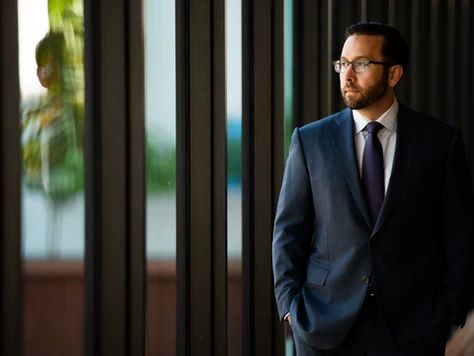Witnesses swear or affirm to tell the truth. However, when there’s a corporate cover-up, witnesses lie.
One of the most important skills for any trial lawyer is the ability to expose a lie in cross-examination. Some corporations have special divisions of engineers or executives whose real job is to defend the company in court. They may look like engineers or executives, but they’re paid witnesses who are chosen for how they look, how they talk, how trustworthy they seem, and how good they are in the courtroom. They are very, very good. Many of them spend more time in court than any lawyer. So how do you get the truth out of such a witness as this? First, the basics are to read every book on cross-examination, every single one. Practice the skills you read about deposition and practice in a realistic mock setting. Find an organization like the Trial School that lets you practice these skills exactly like you’re in a courtroom and do it in front of great trial instructors.
There’s no shortcut to learning those basic skills, but in the meantime, there is something you can do to get immediate results in your very next cross-examination, change your attitude. I’m going to give you three things to think about before every cross-examination. First, be alive to the moment. Trials are won in little moments that most lawyers miss because they’re not paying attention. Throw away your notes, or at least leave them on the table. You can’t be looking at your notes and paying attention simultaneously. Try the case that is unfolding in front of your eyes in the courtroom, not in your file or in your notes. You can cultivate this attitude with meditation, and I recommend you meditate every day.
Second, have no cherished outcome. The Celtic prayer of approach says I bring an unended heart to our meeting place. I have no cherished outcome. It’s such a beautiful attitude when meeting strangers, and it’s the perfect attitude for you to meet the unexpected, strange moments of a trial. When we have a cherished outcome and want the witness to say something very specific, it blinds us to other opportunities. Often a witness would give us something better than we ever imagined if we would only let them. Don’t care too much about getting a certain answer.
When I was a young lawyer, I would fight and fight in depositions to get the defendant’s engineers to admit specific engineering principles that I knew to be true and they knew to be true. But I was almost always unsuccessful. One day I started to ask these corporate engineers how they would define the rule, what they would tell a young engineer, and how they would put it if they were teaching. And in every case I’ve ever had, I’ve gained something much better than what I had come up with, even during trial.
When a witness does everything they can to fight you on what you want to get in order to do that, they almost always give up some truth, some important truth on a related but different point. Sees that opportunity and grab that truth instead of the one you first wanted to get. Have no cherished outcome. Say the Celtic prayer of approach before every cross-examination.
Third, have an unended heart. It’s another gem that comes from the Celtic prayer of approach. Meet every witness, even a liar with an unended heart, and it’s okay to be vulnerable. It’s okay to look like an idiot. It’s okay for long, embarrassing silence while you think of witnesses. Yes, even the witness, even the lying witness, and jurors, especially jurors, sense this willingness to be vulnerable, this authenticity, be yourself who you really are in the courtroom. This one really is as simple as deciding not to care about being a big-shot lawyer in front of the jury. I bring an unended heart to our meeting place. I have no cherished outcome. Say it before every cross-examination, I do.


